
Web scraping is an essential skill for data collection, but getting blocked can be frustrating. In this guide, we'll explore the five most common mistakes that expose your scrapers and learn how to fix them.

Web scraping is an essential skill for data collection, but getting blocked can be frustrating. In this guide, we'll explore the five most common mistakes that expose your scrapers and learn how to fix them.
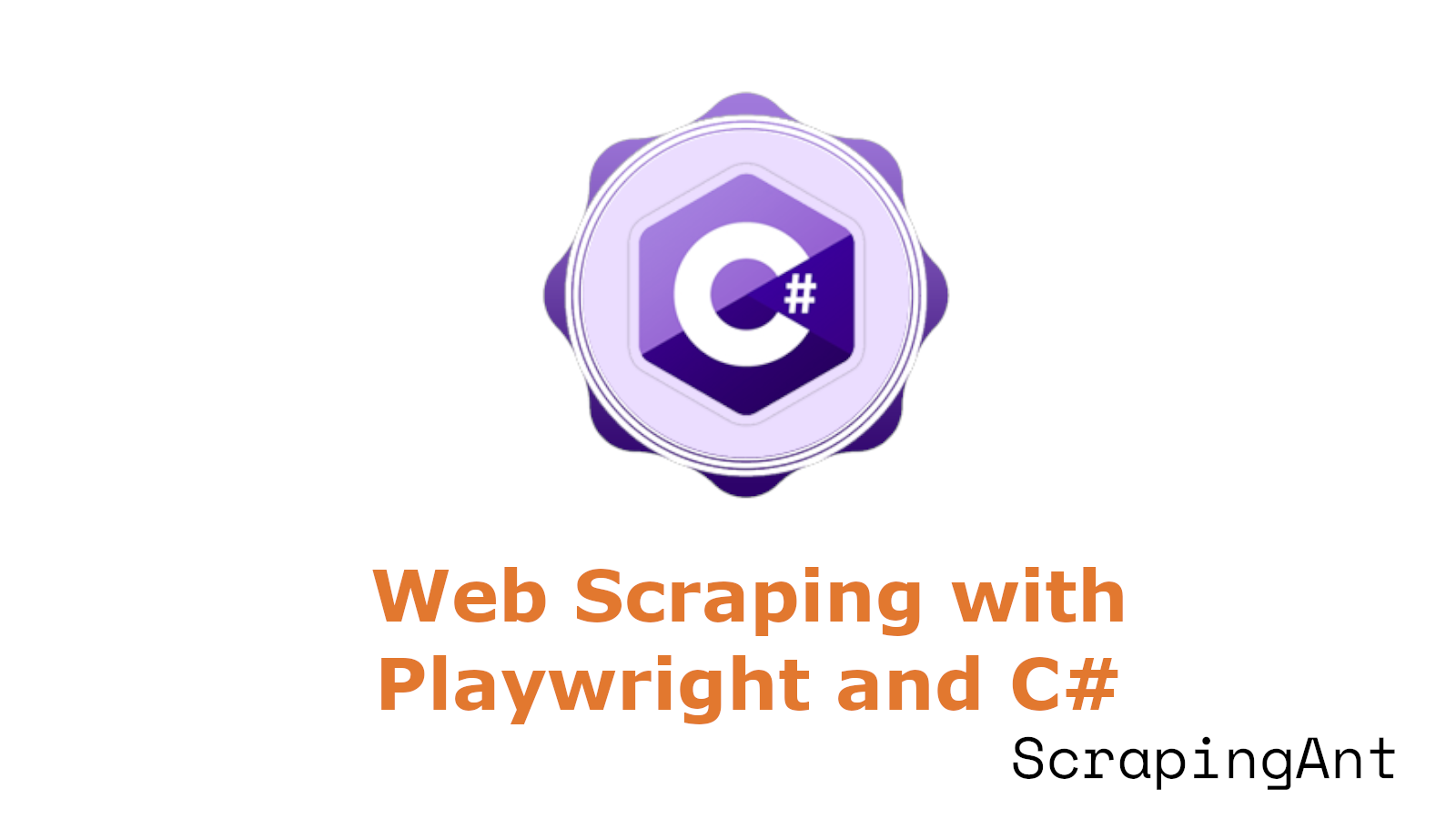
Web scraping has become an essential tool in modern data extraction and automation workflows. Playwright, Microsoft's powerful browser automation framework, has emerged as a leading solution for robust web scraping implementations in C#. This comprehensive guide explores the implementation of web scraping using Playwright, offering developers a thorough understanding of its capabilities and best practices.
Playwright stands out in the automation landscape by offering multi-browser support and superior performance compared to traditional tools like Selenium and Puppeteer (Playwright Documentation). According to recent benchmarks, Playwright demonstrates up to 40% faster execution times compared to Selenium, while providing more reliable wait mechanisms and better cross-browser compatibility.
The framework's modern architecture and sophisticated API make it particularly well-suited for handling dynamic content, complex JavaScript-heavy applications, and single-page applications (SPAs). With support for multiple browser engines including Chromium, Firefox, and WebKit, Playwright offers unparalleled flexibility in web scraping scenarios (Microsoft .NET Blog).
This guide will walk through the essential components of implementing web scraping with Playwright in C#, from initial setup to advanced techniques and performance optimization strategies. Whether you're building a simple data extraction tool or a complex web automation system, this comprehensive implementation guide will provide the knowledge and best practices necessary for successful deployment.
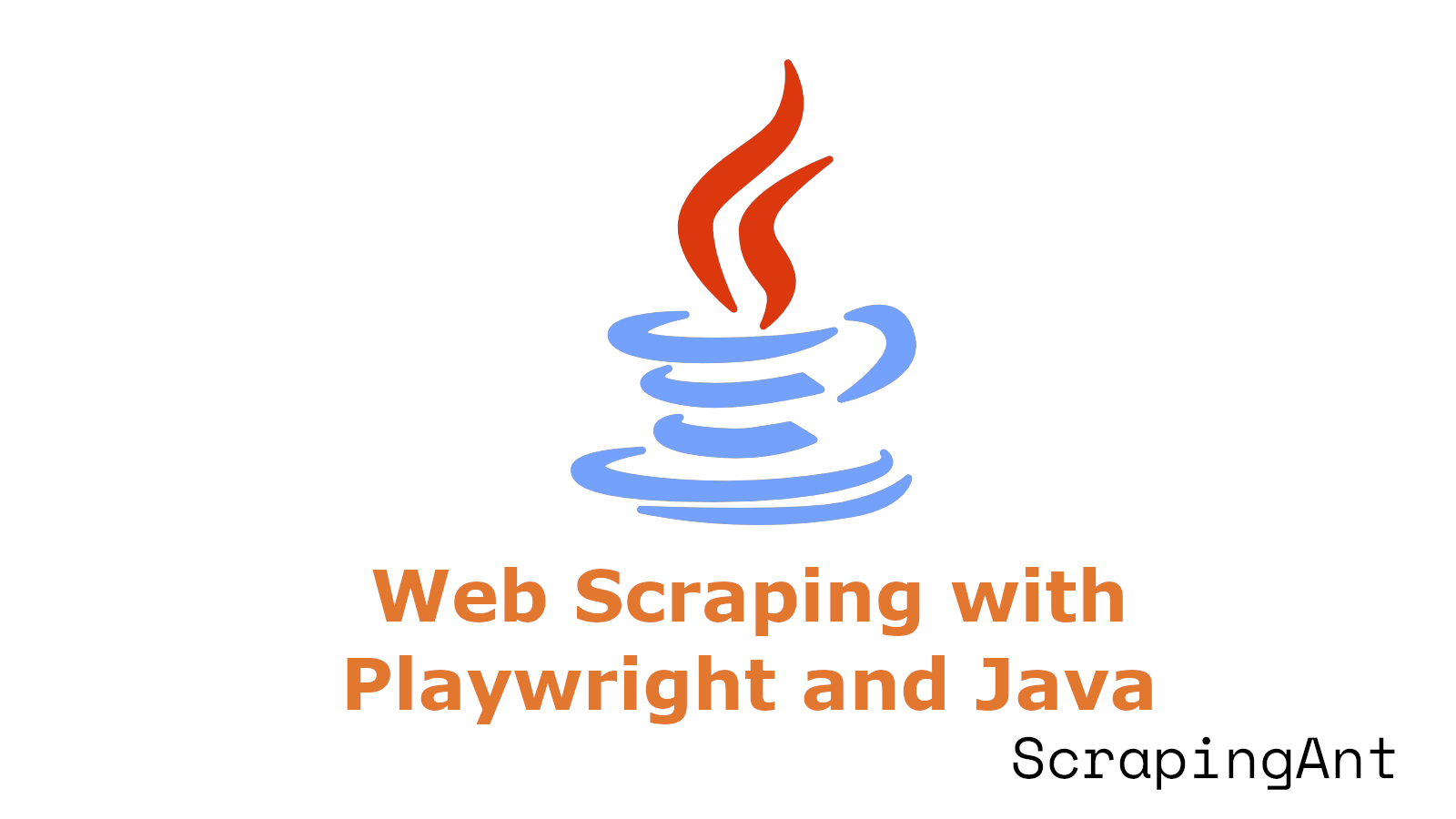
This comprehensive guide explores the implementation of Playwright with Java, offering developers and QA engineers a robust solution for web scraping, testing, and browser automation tasks. (playwright.dev/java/docs/intro)
Playwright for Java provides a high-level API that enables reliable end-to-end testing and web scraping across multiple browser engines. With support for Chromium, Firefox, and WebKit, it offers cross-browser compatibility while maintaining a single, coherent API. The framework's architecture is designed to handle modern web applications, including those with dynamic content, single-page applications (SPAs), and complex JavaScript interactions.
This guide will walk through the essential aspects of implementing Playwright with Java, from basic setup and configuration to advanced features like parallel testing and performance optimization. We'll explore practical code examples that demonstrate how to leverage Playwright's capabilities for efficient web automation, while adhering to best practices for web scraping and testing. Whether you're building a web scraping solution or implementing automated tests, this guide provides the foundation for successful browser automation with Playwright and Java.
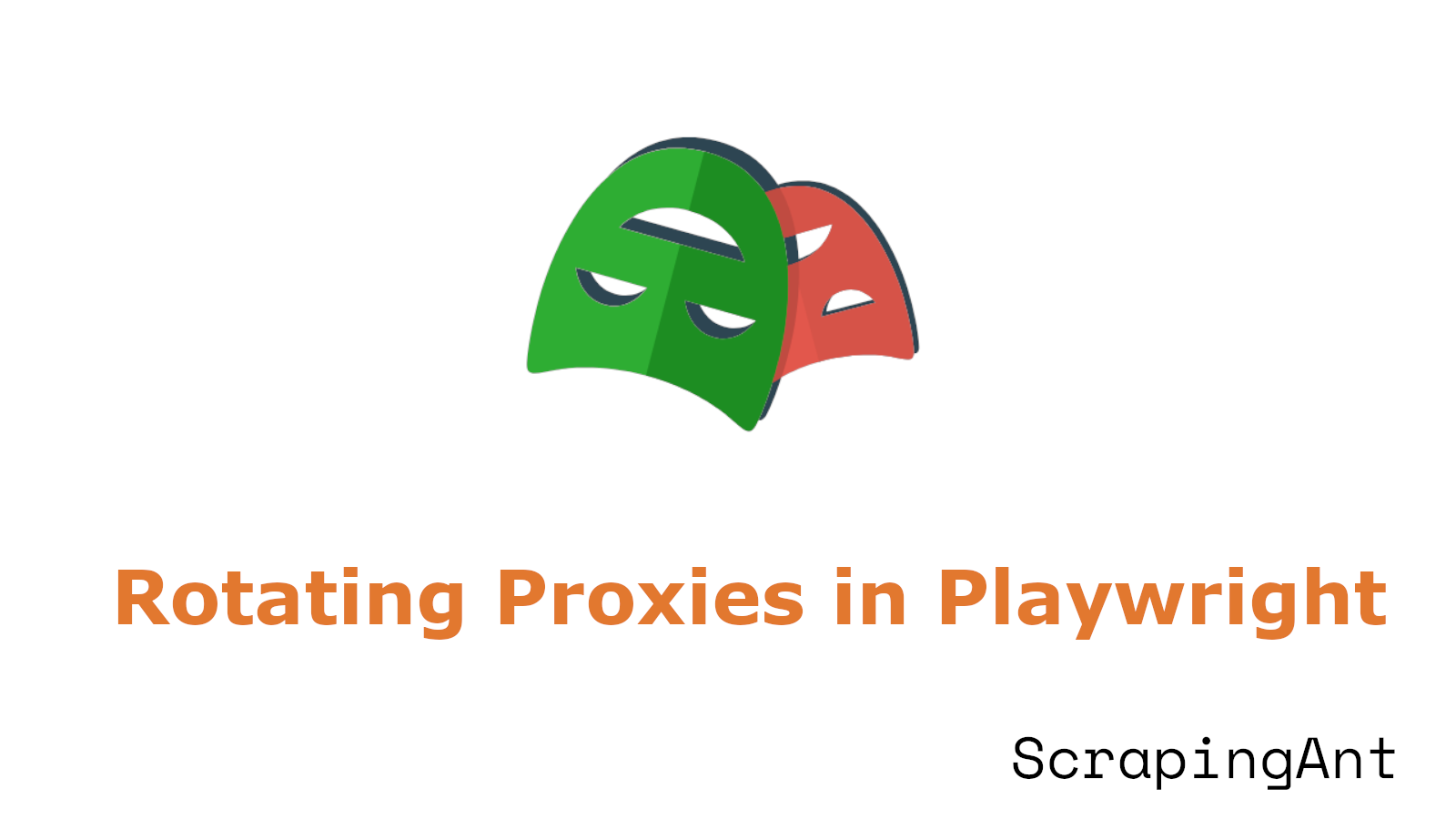
This comprehensive guide explores the intricate details of proxy rotation implementation, drawing from extensive research and industry best practices. Proper proxy rotation can significantly reduce detection rates and improve scraping success rates by up to 85%. The implementation of proxy rotation in Playwright involves multiple sophisticated approaches, from dynamic pool management to geolocation-based rotation strategies. The key to successful proxy rotation lies in maintaining a balance between performance, reliability, and anonymity. This research delves into various implementation methods, best practices, and optimization techniques that enable developers to create robust proxy rotation systems within the Playwright framework. The guide addresses critical aspects such as authentication, monitoring, load balancing, and error handling, providing practical solutions for common challenges faced in proxy rotation implementation.
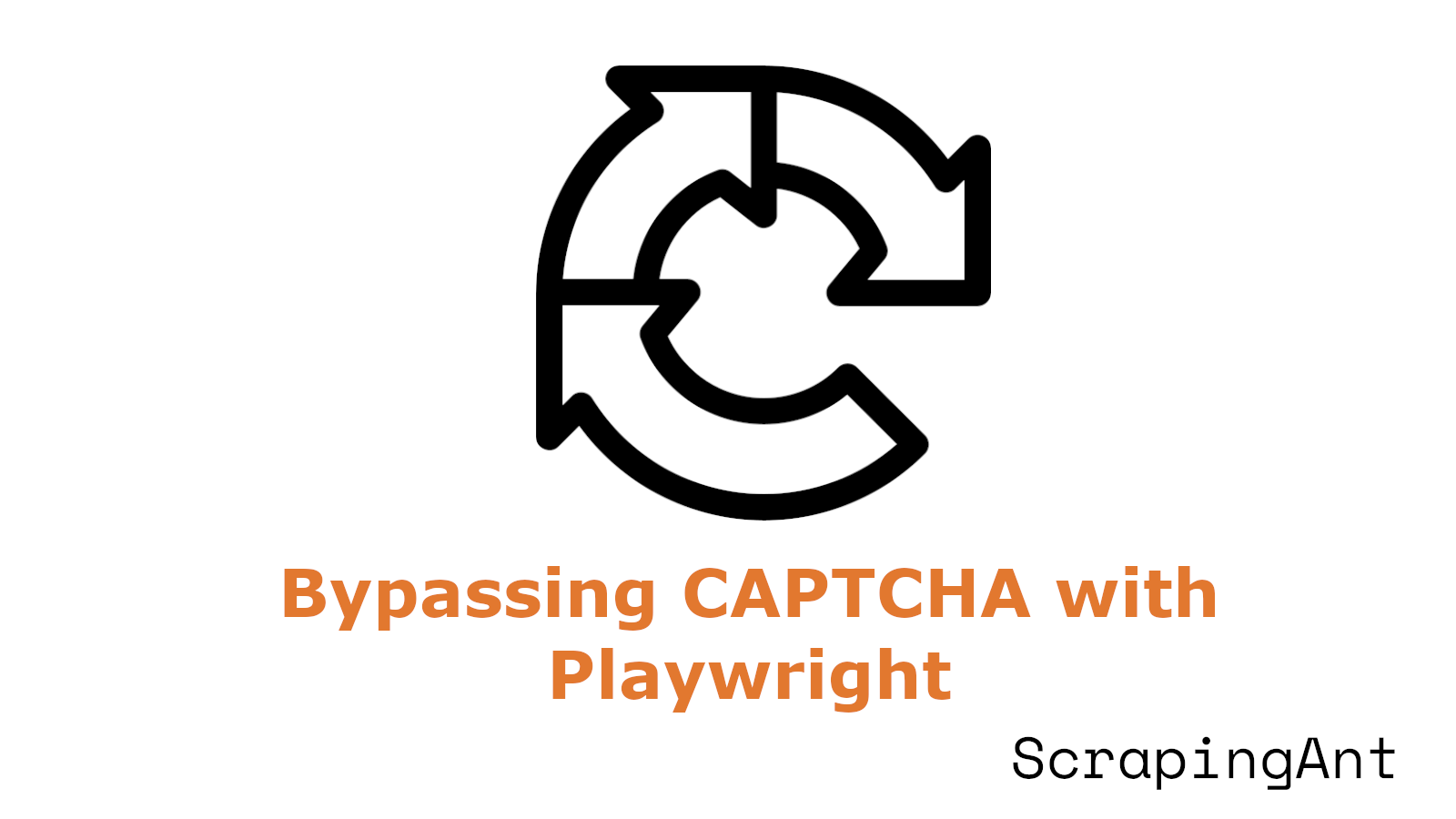
As of 2024, the challenge of bypassing CAPTCHAs has become increasingly complex, particularly for those engaged in web automation and scraping activities. This research report delves into the intricate world of CAPTCHA bypass techniques, with a specific focus on utilizing Playwright, a powerful browser automation tool.
The prevalence of CAPTCHAs in today's digital ecosystem is staggering, with recent reports indicating that over 25% of internet traffic encounters some form of CAPTCHA challenge. This widespread implementation has significant implications for user experience, accessibility, and the feasibility of legitimate web automation tasks. As CAPTCHA technology continues to advance, from simple distorted text to sophisticated image-based puzzles and behavioral analysis, the methods for bypassing these security measures have had to evolve in tandem.
Playwright, as a versatile browser automation framework, offers a range of capabilities that can be leveraged to navigate the CAPTCHA landscape. From emulating human-like behavior to integrating with machine learning-based CAPTCHA solvers, the techniques available to developers and researchers are both diverse and nuanced. However, the pursuit of CAPTCHA bypass methods is not without its ethical and legal considerations. As we explore these techniques, it is crucial to maintain a balanced perspective on the implications of circumventing security measures designed to protect online resources.
This report aims to provide a comprehensive overview of CAPTCHA bypass techniques using Playwright, examining both the technical aspects of implementation and the broader context of web security and automation ethics. By understanding the challenges posed by CAPTCHAs and the sophisticated methods developed to overcome them, we can gain valuable insights into the ongoing arms race between security measures and automation technologies in the digital age.
Looking for CAPTCHA bypassing guide for Puppeteer? We got you covered!
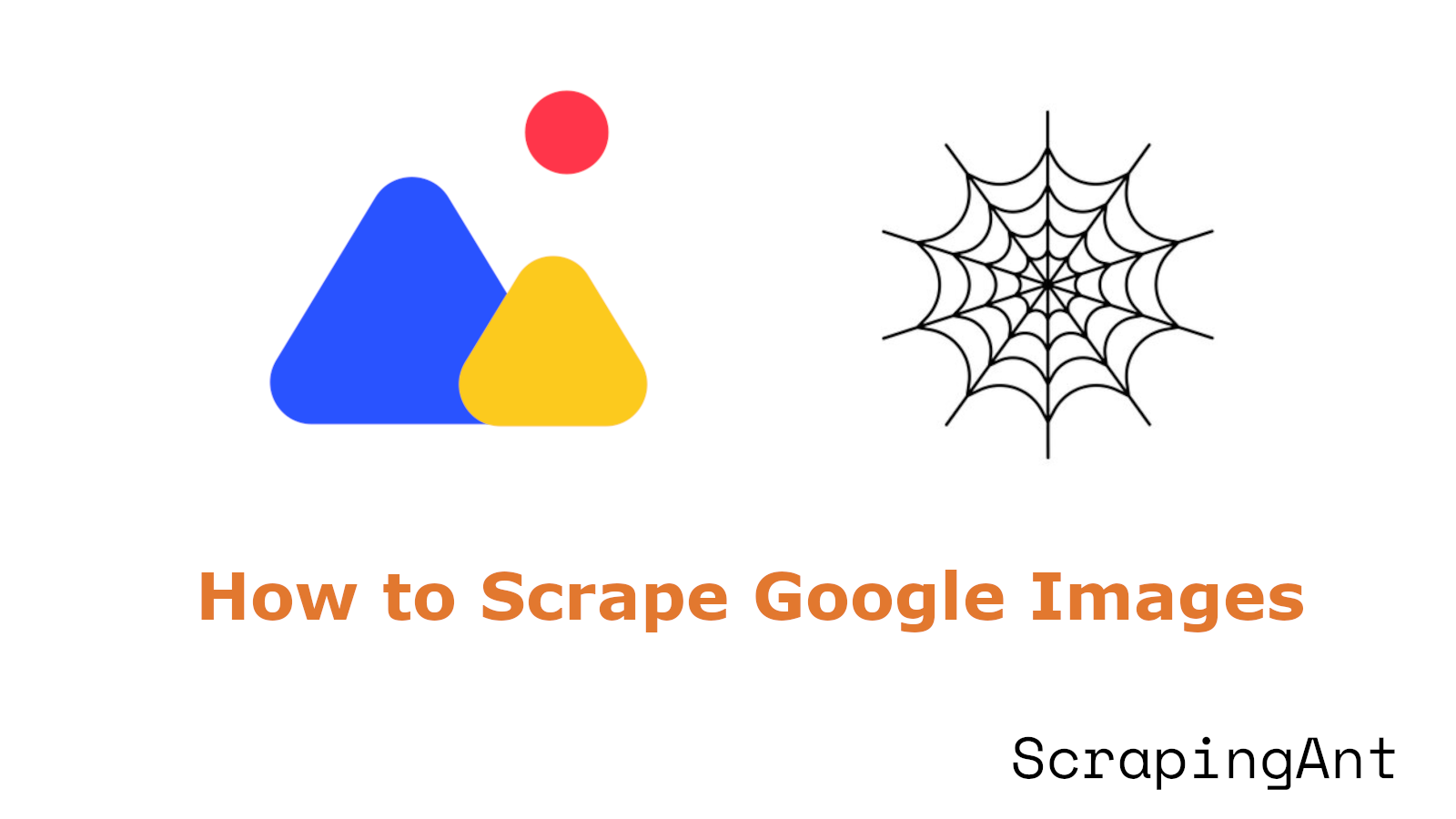
Google Images is a major source of visual content on the web, and scraping these images can be very useful for research, image processing, creating datasets for machine learning, and more. However, due to Google's complex DOM structure and the dynamic nature of search results, accurately extracting images can be quite challenging.
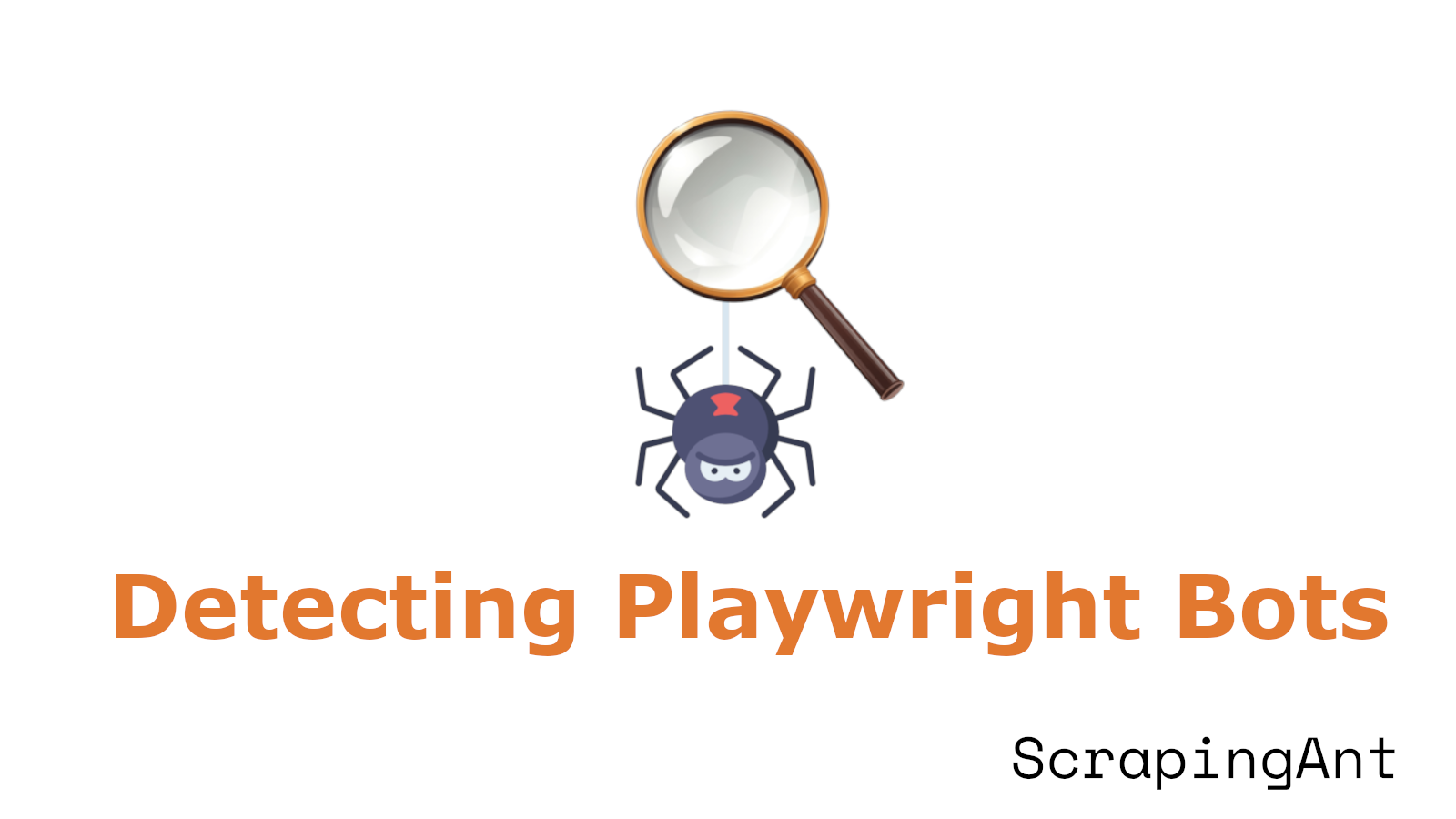
In the rapidly evolving landscape of web and API testing, Playwright has established itself as a formidable tool for developers seeking robust and reliable testing solutions.
At the heart of mastering Playwright lies the concept of its "vanilla" state, which refers to the default configuration settings that are automatically applied when a new Playwright project is initialized. Understanding this vanilla state is crucial for developers as it provides a foundational setup that ensures consistency and scalability across different testing scenarios.
The default configuration includes essential elements such as browser launch options, test runner setup, and predefined environment variables, all of which contribute to a streamlined testing process. However, as with any automated tool, the use of Playwright in its vanilla state can be subject to detection by sophisticated anti-bot measures employed by websites.
Techniques such as browser fingerprinting, network traffic analysis, and JavaScript execution monitoring are commonly used to identify automated browsing activities. To counteract these detection methods, developers can employ various strategies to enhance the stealthiness of their Playwright scripts, including the use of custom user-agent strings, proxy servers, and stealth plugins.
This research delves into the intricacies of detecting and mitigating the vanilla state of Playwright, providing insights into best practices and advanced techniques to optimize its use in web and API testing.
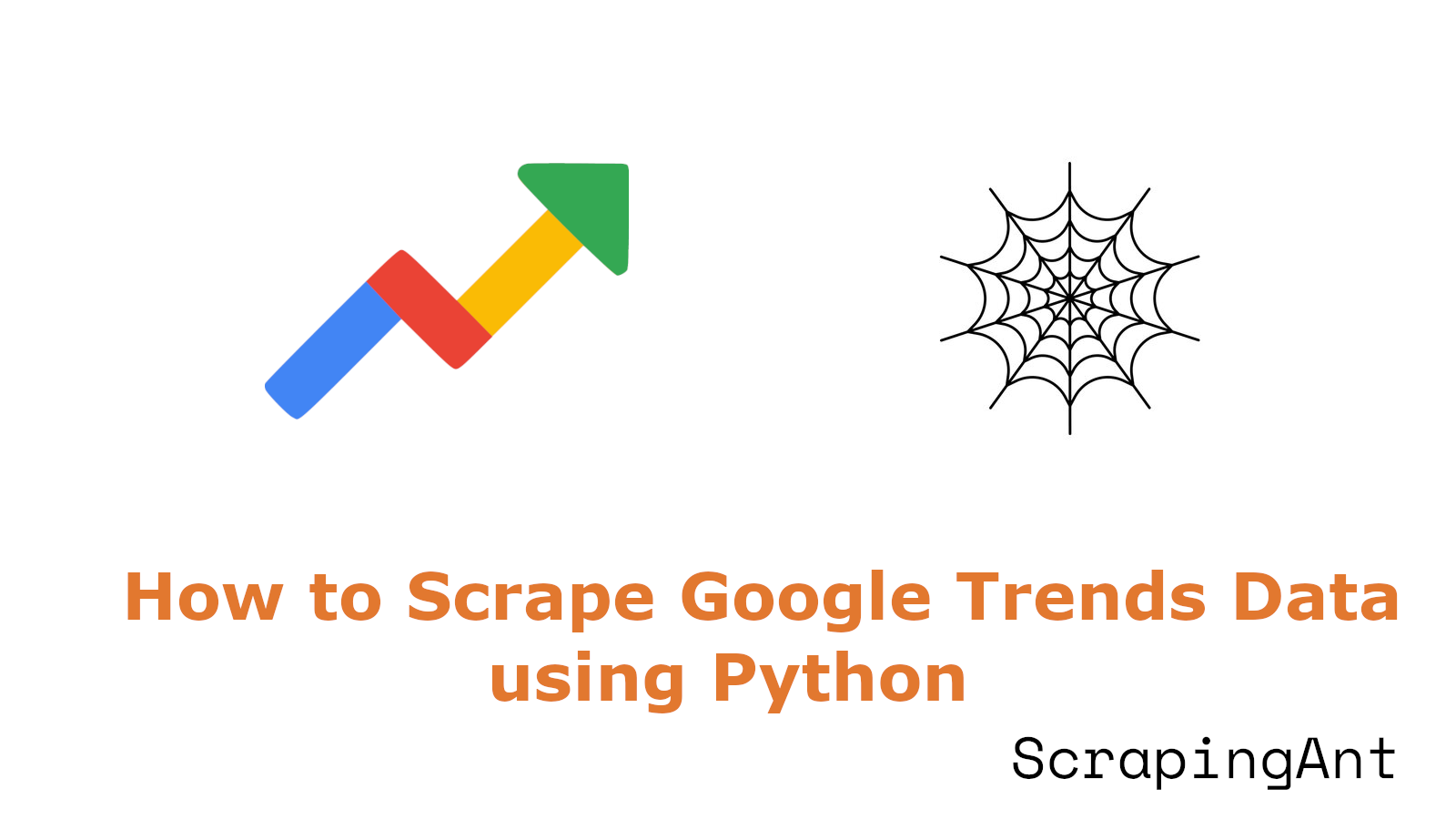
Google Trends tracks the popularity of search topics over time by collecting data from billions of searches. It's a valuable tool for analyzing trends, behaviors, and public interest. However, scraping Google Trends data can be challenging due to dynamic content and a complex DOM structure.
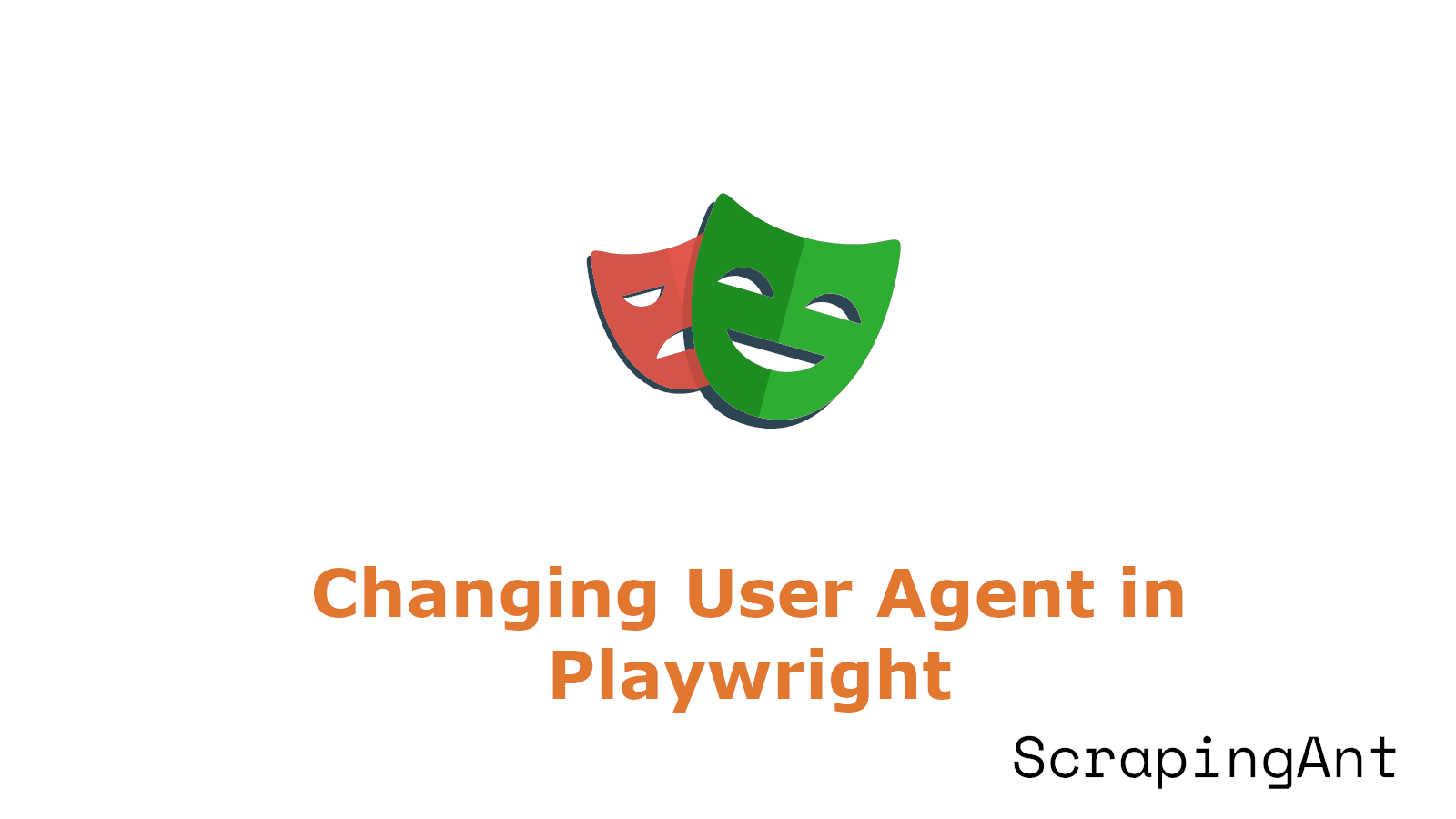
As we delve into the intricacies of changing user agents in Playwright for effective web scraping, it's essential to understand the multifaceted role these identifiers play in the digital ecosystem. User agents, strings that identify browsers and operating systems to websites, are pivotal in how web servers interact with clients, often determining the content served and the level of access granted.
The importance of user agent manipulation in web scraping cannot be overstated. It serves as a primary method for avoiding detection, bypassing restrictions, and ensuring the retrieval of desired content.
Playwright, a powerful automation library, offers robust capabilities for implementing user agent changes, making it an ideal tool for sophisticated web scraping operations. By leveraging Playwright's features, developers can create more resilient and effective scraping systems that can adapt to the challenges posed by modern websites and their anti-bot measures.
However, the practice of user agent manipulation is not without its complexities and ethical considerations. As we explore the best practices and challenges associated with this technique, we must also address the delicate balance between effective data collection and responsible web citizenship.
This research report aims to provide a comprehensive overview of changing user agents in Playwright for web scraping, covering implementation strategies, best practices, ethical considerations, and the challenges that developers may encounter. By examining these aspects in detail, we seek to equip practitioners with the knowledge and insights necessary to navigate the complex terrain of modern web scraping effectively and responsibly.
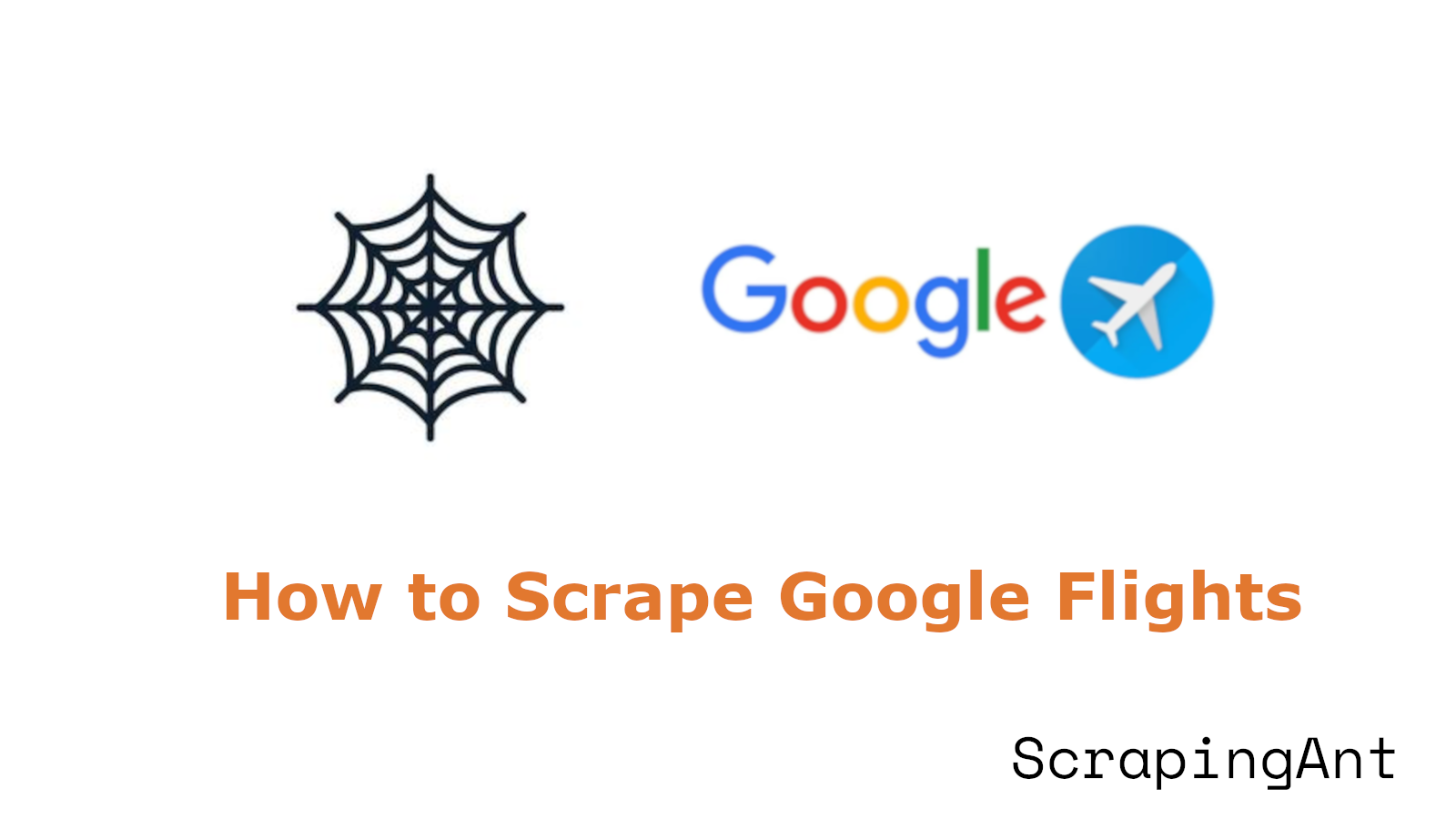
Google Flights collects information from different airlines and travel companies to show you all the flights available, their prices, and schedules. This helps travellers to compare airline prices, check flight durations, even track environmental impact, and at last find the best deals.